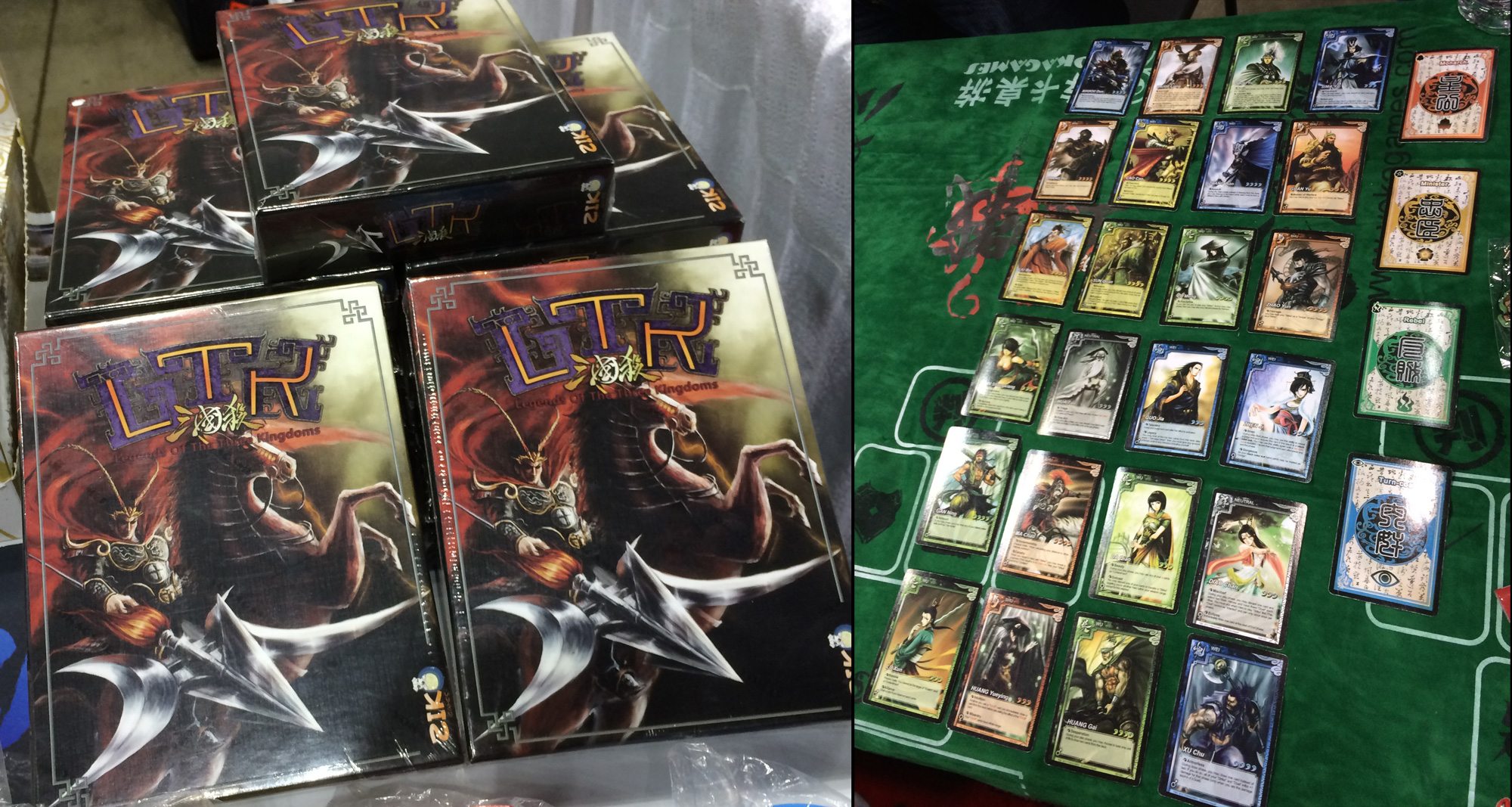
A couple years ago, I wrote about a case of real rules lawyering—a court case between DaVinci Games, publisher of Bang!, and Yoka Games, publisher of Legend of the Three Kingdoms. It seems that the court made a decision in April: Yoka Games (and its US distributor, ZiKo Games), won and is allowed to continue publishing their clone of Bang!.
Game lawyer (hey, that’s a thing!) Zachary Strebeck has a nice breakdown of the case and what that may mean for game designers and publishers. A couple of points that I found interesting: it was a “summary judgment,” meaning that both sides actually agreed on all the facts—they just wanted a ruling whether the clone was a copyright infringement.
I also found this statement, from the court’s ruling, of note: “The undisputed summary judgment evidence shows that Bang!‘s characters, roles, and interactions are not substantially similar to those in LOTK.” Wait: the character abilities in Bang! and the character abilities in LOTK are literally the same. The roles are renamed but also play almost exactly the same way. LOTK does add the three different kingdoms, so they’ve added some new rules on top of Bang!, but it seems weird to me that the court would rule that they’re “not substantially similar.”
Game designers may fear that this ruling means that this will open the doors to knock-off games of all stripes, but I don’t know if that’s really a huge concern. For one, cloning a board game still requires a significant capital investment once you get to actually producing the games. And, unlike those free-to-play Flappy Bird clones, you can’t get by giving away a physical board game and hoping to make money on in-game ads. Unless you’re able to significantly improve on an existing game with your clone, I don’t see a clone being able to steal a lot of market share from an existing game in most circumstances.
However, I imagine this could mean that publishers might dust off some of those old titles that are out of print or otherwise hard to find, and put those back on the market. (Whether there are old titles that are worth cloning is a separate question.)
Finally, though, as Strebeck points out, this is a circuit court decision, and could be appealed. It may or may not set precedent for other court cases—only the Supreme Court really lays down the law. So don’t send in the clones just yet. Better to come up with your own original game design!



